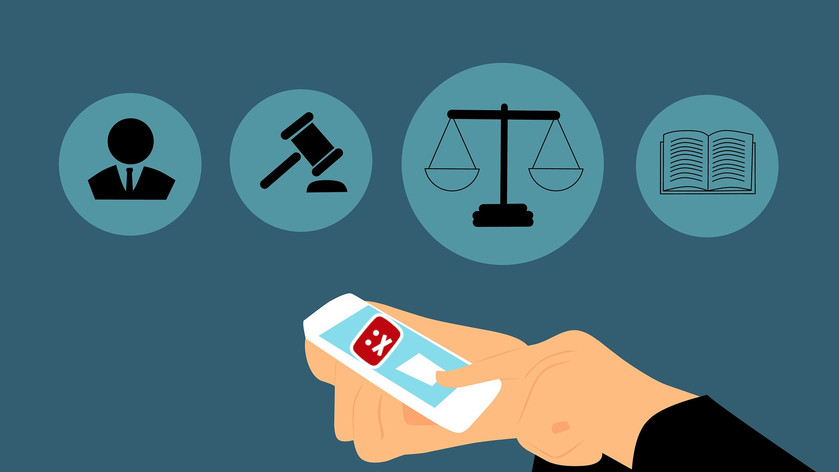
Social media has become so much of everyday lives that we often don’t think about its use. This has led to what appears to be a large percentage of Americans developing what can at best be described as “interesting ideas” about the relationship between government and the various social media platforms. Some recent cases heard before the Supreme Court bring the question of the relationship between government actors and social media companies into question. Probably the best well known would be Missouri v. Biden, where the states of Missouri and Louisiana have brought suit claiming that members of the Biden Administration violated the First Amendment by attempting to influence what content would be deleted or deemphasized on various platforms. However, two other cases involving local officials focus on under what circumstances government actors can block access to their social media accounts. While most of the country seems to be focused on Missouri, these two cases bring up some questions the American people should really think about.

Who is in charge of your children? That has been a perennial question that has grown in importance over the last few years. When I was a child, it was understood that, with rare exceptions, parents were in charge of a child’s upbringing. This included medical, religious, and educational decisions. However, over the last few decades, the role of the parent in these decisions has been replaced by experts. What happens when the goal of the experts differs from those of the parents? Who decides the future of the rising generations? It was understood that the state acted in loco parentis, in place of the parents, only for the safety of the child. A recent case in U.S. District Court shows that be it health departments, child services, schools, or even the courts. Government not only believes they know better than the parents, they are more than willing to act in loco parentis tyrannis.
https://constitutionstudy.com/?p=8897
With the release of ChatGPT and other artificial intelligence (AI) applications, there has been a lot of speculation and downright assertions about our future. With over 30 years of experience in Information Technology (IT), not more than a passing understanding of AIs, I've come to the conclusion that much of what I've heard is more science fiction than fact. A recent court case decided in the D.C. District Court revolved around one very important question. Do AIs have rights?
In this third installment of the three-part series on the branches of government, we look at the role of the third and weakest branch. At least that is what our Founding Fathers thought of it. What is the role of the federal judiciary? What are the extent of their powers, how do they related to the other two branches of government, and why is a proper understanding of the role of the judiciary critical if the United States is to remain a constitutional republic?
https://constitutionstudy.com/?p=8575
“hell hath no fury like a woman scorned.” I guess that is one reason why Susan Rice made the comments she did. But what she said seems much more like “payback is a …”. - Live 4PM ET with Host Paul Engel @CyberEngel @OutLoudNews
LIVE https://buff.ly/w6h7Ul0
iHEART RADIO http://bit.ly/2mBrCxE

While expected, the recently released SCOTUS decision about President Trump’s tariffs has led to a lot of agitation and arguments over the last few days. Let’s take a look at the decision and see what cooler heads can find. - Live 4PM ET with Host Paul Engel @CyberEngel @OutLoudNews
LIVE https://buff.ly/w6h7Ul0
iHEART RADIO http://bit.ly/2mBrCxE

In the Harry Potter books, there was a villain who shall not be named. Today it seems there is a truth so obvious a blind man can see it, but for some reason, it shall not be named when it counts. - Live 4PM ET with Host Paul Engel @CyberEngel @OutLoudNews
LIVE https://buff.ly/w6h7Ul0
iHEART RADIO http://bit.ly/2mBrCxE













